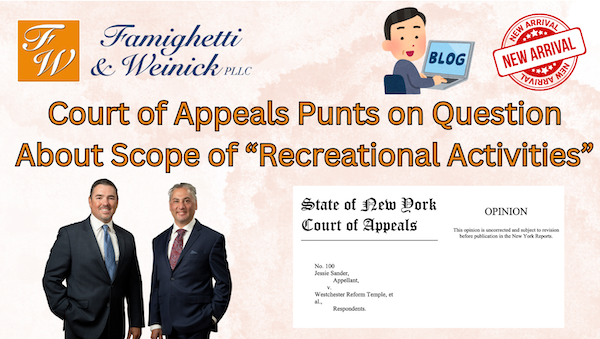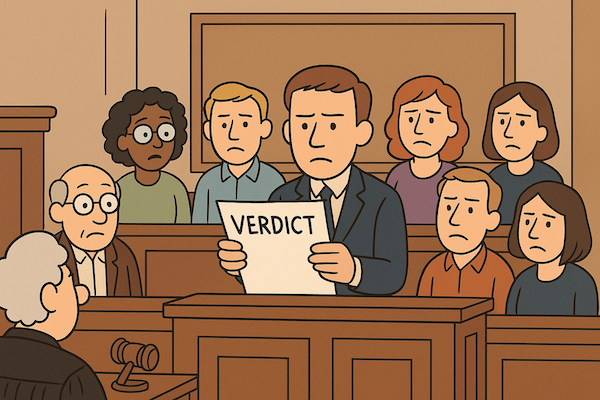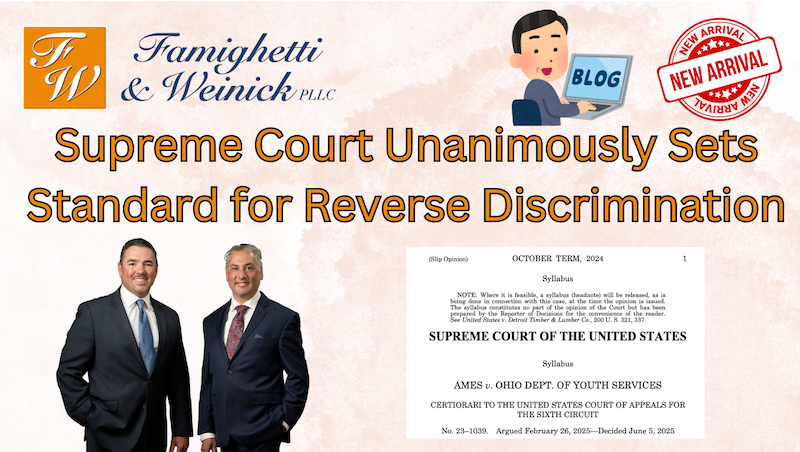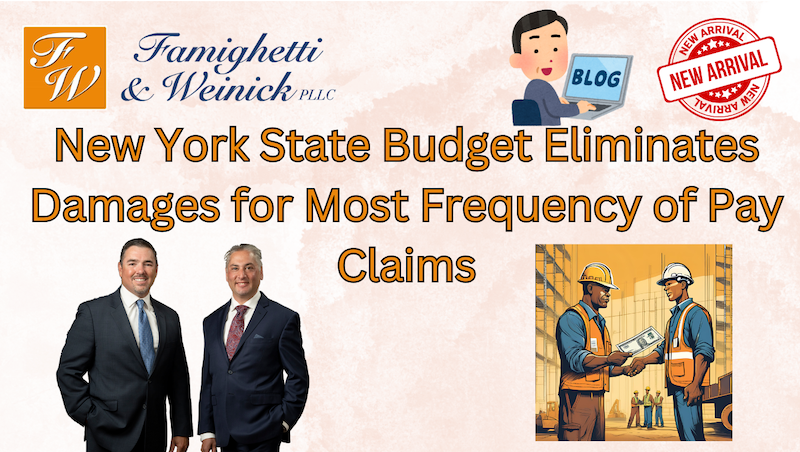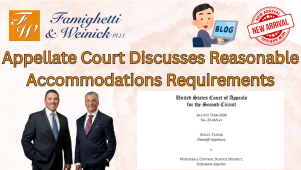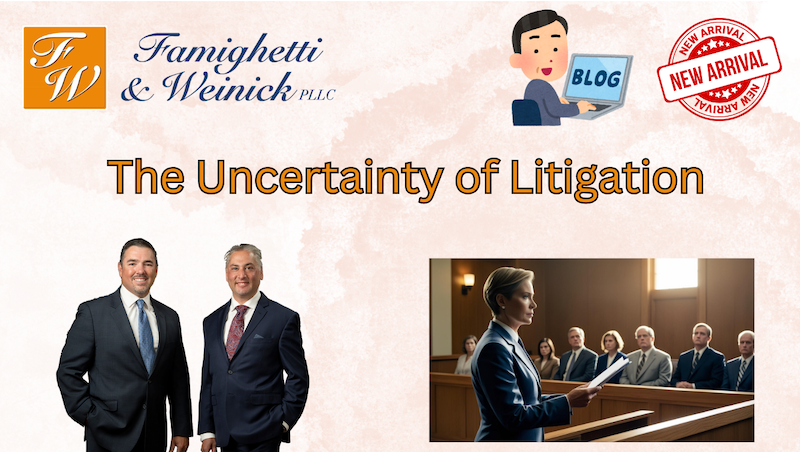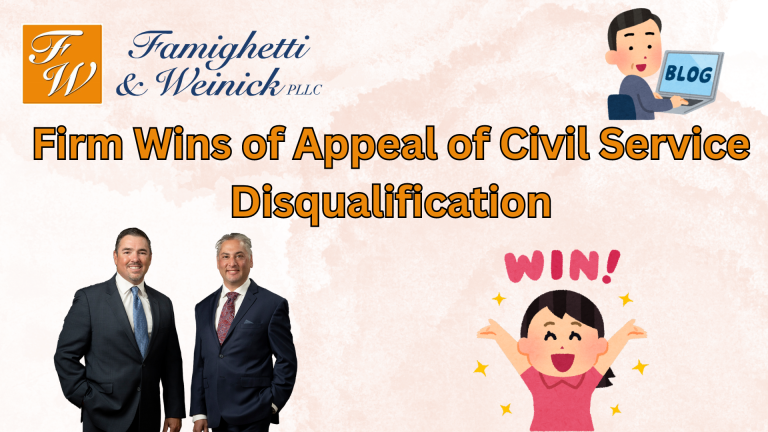New York Labor Law Section 201-d provides some workplace protections for employees who engage in, among other things, lawful recreational off-duty activities. This broad protection is somewhat ill-defined. The law, passed before the proliferation of social media and other electronic communications, could not have considered whether these modern day internet activities fall under the statute’s…
Continue reading ›Your Side










